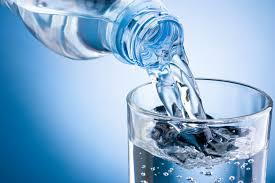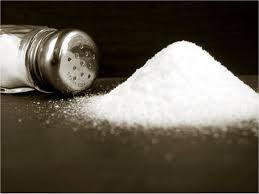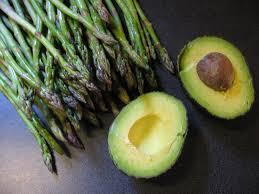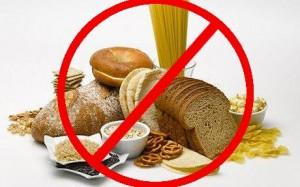- posted: Jan. 17, 2017
We hope that you had a lovely holiday filled with family, friends, and tasty dishes! Speaking of tasty food, we thought that we would dedicate this week's newsletter to a little reset. Perhaps you overindulged yesterday, or tried some dishes that are outside of your usual dietary protocol. These tips and recipes will help you to get back on track!
First of all, we will say that a few days of Dr. P's soup cleanse is our favorite way to hit that reset button. These are a few secondary tips if you are not prepared for soups.
Reset Tips
Increase Water Intake
We have heard it 1000 times...drink at least 8 glasses of water each day. We require water for digestion, for healthy cellular function, and a host of other reasons. Try to drink 10 glasses today to flush your system.

Reduce Sodium For Today
Sodium can increase water retention. If consumed in very large quantities, it can promote dehydration, which increases bloating.

Increase Potassium
Remember learning about the sodium-potassium pump in middle school science class? If not, here is a quick refresher: The sodium-potassium pump is found in our cellular membranes, where it is in charge of generating a gradient of ions. It continually pumps sodium ions out of the cell and potassium ions into the cell, powered by ATP. It accomplishes the transport of three Na+ to the outside of the cell and the transport of two K+ ions to the inside. This unbalanced charge transfer contributes to the separation of charge across the membrane.
As stated above, sodium attracts and retains water in the body. Potassium on the other hand, can help counter sodium’s role. Include asparagus, broccoli, or spinach in your diet today to help reset your sodium-potassium balance. Make sure that these veggies are cooked as raw cruciferous veggies can contribute to bloating. Avocados and coconut water are also rich in potassium.

Check Carbohydrate Levels
We know that in general, Dr. P's protocol is not heavy in the carbohydrate department. For today, avoid foods such as sweet potatoes, plantains, and squash. Focus on green veggies, healthy fats, and proteins.
When you consume carbohydrates, your body converts them to glycogen, which is then stored in the muscles for energy. For every gram of glycogen stored, approximately 2.7 grams of water is stored as well. This water retention occurs because your kidneys hold on to sodium in response to carbohydrate consumption.

Have a Little Ginger
Ginger is a powerful digestive aid. It soothes the digestive tract and relieves excess gas. 'Nuf said. :)

Locations
6940 South Holly Circle Suite 201
Centennial, CO 80112, US
Office Hours
Our Regular Schedule
8am - 1pm
3pm - 5pm
8am – 1pm
3pm – 7pm
Closed
Closed
8am – 1pm
3pm – 7pm
8am – 2pm
Closed
Closed
Closed
Closed
Closed

